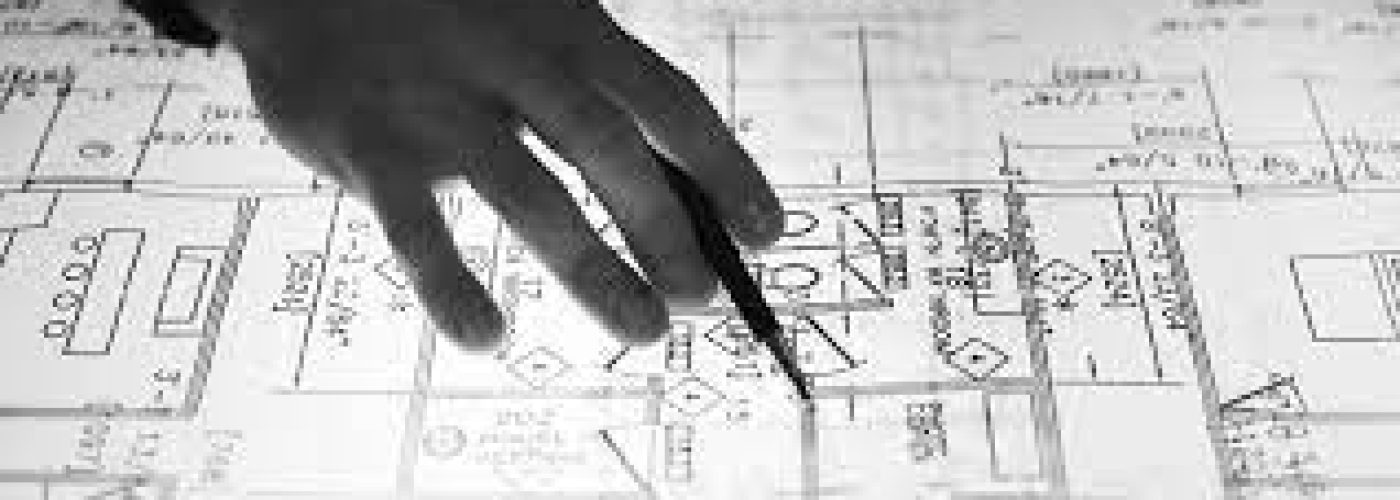Building surveys are often misunderstood by the general public as an unnecessary report relating to the purchase of a property. There’s also a misconception that surveys are only necessary if you’re purchasing a residential property, but commercial surveys are just as important and necessary.
Surveys of commercial properties vary in terms of the necessary requirements of the party commissioning the survey and they are often more detailed and complex than residential surveys. Whether you’re selling, buying or leasing a commercial property, there are several commercial building surveys to consider.
Building Survey
If you’re interested in purchasing a commercial property, a building survey provides you with a detailed report of the condition of the property you’re buying, selling or leasing. It highlights any defects the building may have, as well as advising any maintenance that might be needed in the future. A building survey explains the state of the building, the materials it’s made from and if any hazardous materials, such as asbestos, have been used in the building.
The nature of commercial leases means that the tenant is often liable for repairing the property, so a building survey is an essential report to invest in prior to signing on the dotted line to clarify that the building is in good condition. It’s important for tenants to understand if any costly repairs will be necessary in the future, as this could affect lease negotiations and budgets considerably.
Technical Due Diligence Reports
Property due diligence is a series of steps that investors need to make before purchasing an investment property, ensuring that everything is in order and in good condition before you complete the sale. A Due Diligence Report fully evaluates the property before you buy it, highlighting if there are any potential risks involved with the purchase.
This includes whether the price reflects the value of the property, the local area, potential rental yield and the buyer’s property investment strategy. Specialist building surveyors will review the leases associated with the property, any related construction information and warranties, as well as service charge agreements.
Schedule of Condition Report
A Schedule of Condition records the condition of the property at the time of the survey. For those signing a lease on a commercial building, it might be possible to limit your liability for maintenance and repairs if you undertake a Schedule of Condition survey prior to signing the contract. This report can wind up saving tenants thousands of points at lease expiry and will include a detailed overview of the property, including photographs and descriptions of each element of the property.
This report doesn’t just protect tenants though – it can also protect the interests of the owner, who might have invested in refurbishments for an incoming tenant and wants to make sure it stays in good condition when the lease ends.
Schedule of Dilapidations
A tenant has many responsibilities when they take on a commercial lease, from redecoration and reinstatement to repairing the premises if there’s been any damage or mistreatment. Failure to complete these repairs or necessary changes could mean a breach of their lease, which results in a landlord issuing a Dilapidations claim against them. Dilapidations claims can either be made during the lease term or once the lease has expired.
A building surveyor can carry out a Schedule of Dilapidations survey which reviews any repair obligations that the tenant is responsible for and advise the best strategy for a settlement. The surveyor, in this instance, may act on behalf of the landlord or the tenant, to present different arguments which will be used in the negotiation process once the schedule has been served.
Final thoughts
Commercial property surveys are essential to ensure that both tenants and property owners are protected, but also to prevent unforeseen costs that come with buying, selling or leasing a property. Understanding the differences between the various commercial surveys and reports available is key to making sure that you are taking the right steps with your commercial property.
It’s vital that commercial property surveys are undertaken by a qualified and experienced surveyor, and that the individual carrying out the survey is a member of the Royal Institution of Chartered Surveyors (RICS). This is because you can be sure that the surveyor has undergone on-going training and has the experience to back up their knowledge, but also because they will have comprehensive public liability insurance which not only protects them but also the tenant.





